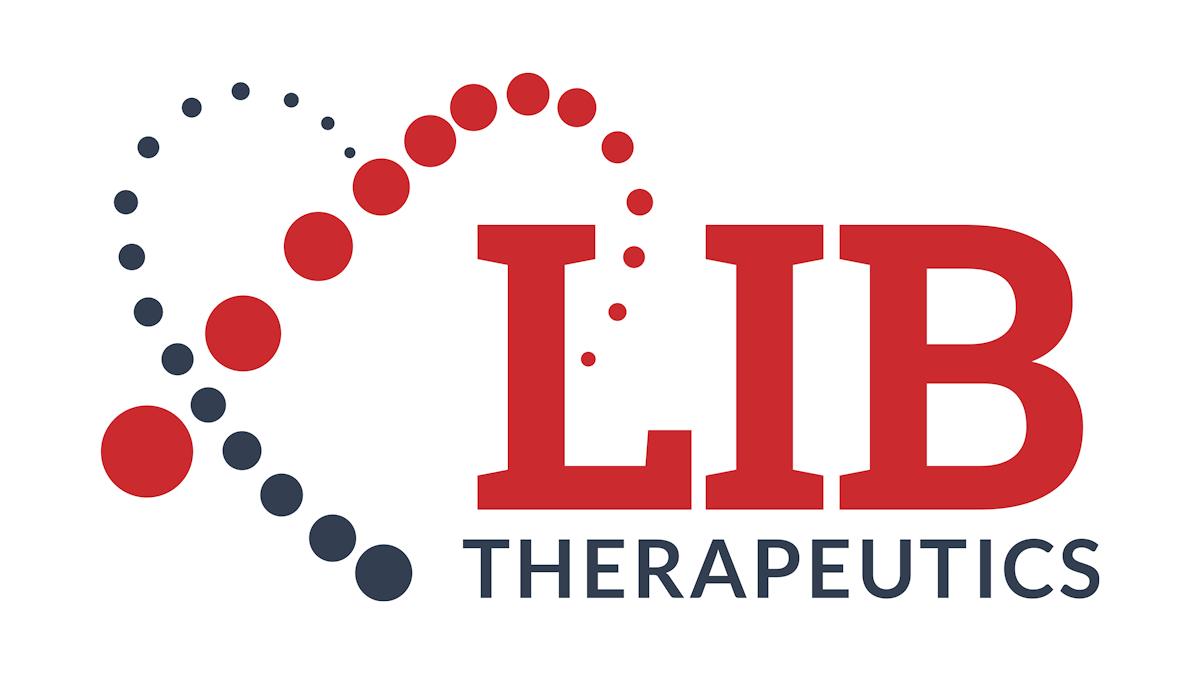NewAmsterdam obicetrapib data disappoints some investors

NewAmsterdam Pharma's chief executive Michael Davidson
Shares in NewAmsterdam Pharma were sliding today after it reported a phase 3 trial of obicetrapib that met its primary objective but didn't meet the expectations of some analysts and investors.
The BROOKLYN study compared the oral CETP inhibitor to a placebo given on top of maximum tolerated doses of other lipid-modifying therapies, like statins and ezetimibe, in patients with heterozygous familial hypercholesterolaemia (HeFH), a genetic condition that raises blood cholesterol and the risk of heart disease.
At 84 days, obicetrapib reduced LDL-cholesterol by 36%, with the difference widening to 42% after a year, but that was less than had been seen in phase 2 and fell short of what analysts had been hoping to see.
In the ROSE study that prompted BROOKLYN, the drug had achieved a 51% improvement in LDL-c over the control group, while the ROSE2 study – looking at the drug in combination with ezetimibe – reduced the biomarker by 59%. More than half of the patients enrolled in the phase 3 study were already taking ezetimibe.
Investors were clearly nervous about the results, but NewAmsterdam chief executive Michael Davidson said the outcomes were consistent with earlier studies and "support obicetrapib's potential to significantly reduce LDL-c in a challenging patient population." The safety data for the drug was also encouraging, with adverse events occurring at rates roughly in line with the placebo group.
NewAmsterdam is trying to succeed where some much larger drugmakers have failed – including MSD, Pfizer, Eli Lilly, and Roche – which have all scrapped CETP inhibitor development programmes following safety or efficacy issues.
Despite the scepticism shown by some investors, NewAmsterdam has more shots on goal coming up. Next up is the BROADWAY monotherapy trial in patients with atherosclerotic cardiovascular disease (ASCVD) and/or HeFH, with data due in the fourth quarter, followed by the TANDEM combination study of obicetrapib with ezetimibe in ASCVD and/or HeFH in the first quarter of 2025.
Further down the line is an outcomes study, called PREVAIL, designed to confirm that the reductions in LDL-c seen with NewAmsterdam's drug are accompanied by a reduction in cardiovascular risk, by reducing things like heart attacks and strokes. That is due to read out in 2026.
There's a lot at stake, given that analysts at GlobalData recently predicted sales of obicetrapib could reach $1.4 billion in seven key pharma markets – the US, France, Germany, Italy, Spain, UK, and Japan – by 2032.












